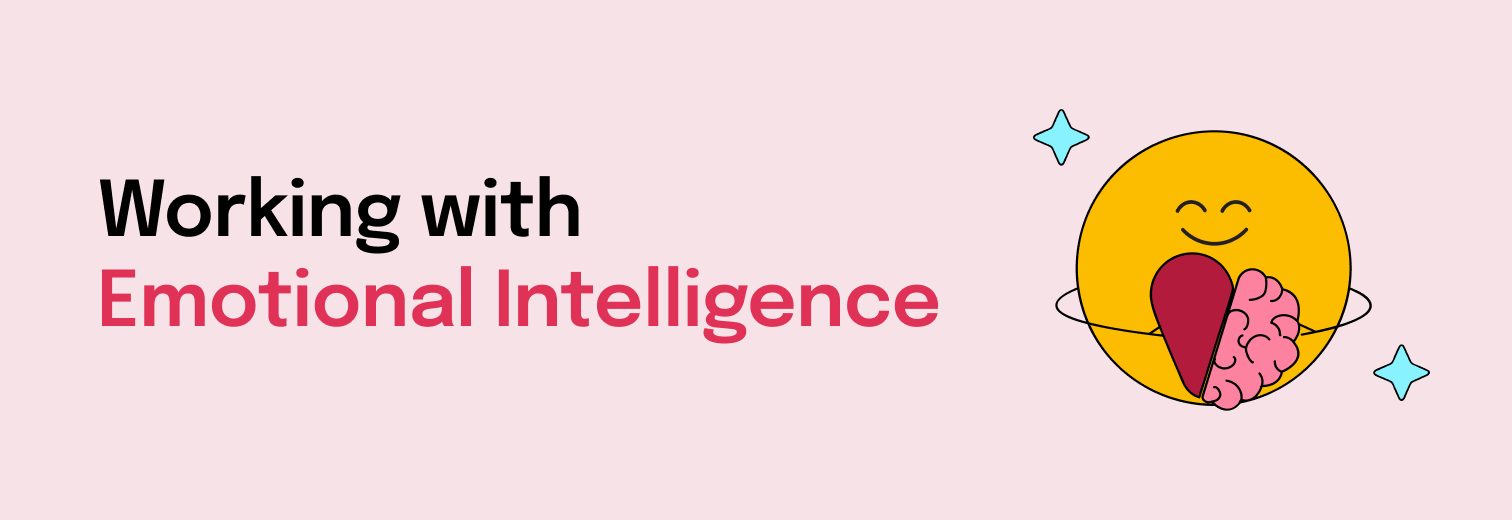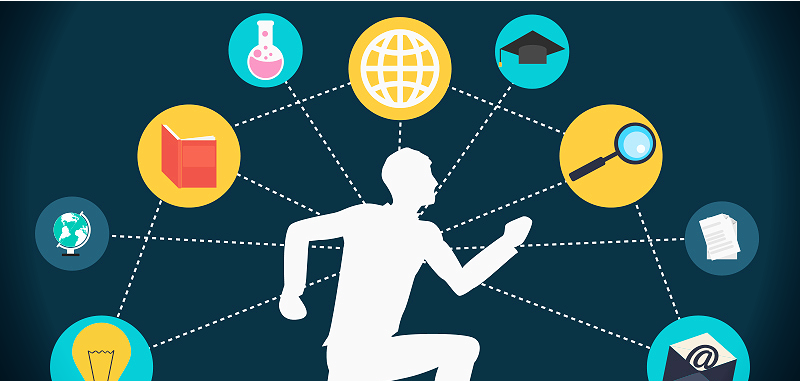Harnessing Emotional Intelligence: Key Takeaways from Daniel Goleman’s Working with Emotional Intelligence
Emotional intelligence (EI) has become a cornerstone of both personal and professional success in today’s world. Daniel Goleman’s book Working with Emotional Intelligence offers a comprehensive guide to understanding and applying EI to enhance your life and career. In this blog post, we’ll explore the five key elements of emotional intelligence as outlined by Goleman, along with practical examples that highlight the importance of these skills in building effective leadership and fostering a positive work culture.
The Five Key Elements of Emotional Intelligence
Goleman’s work emphasizes the significance of developing emotional intelligence in various aspects of life. Here’s a closer look at the five key elements:
- Self-Awareness: The Foundation of Leadership EffectivenessSelf-awareness is the ability to recognize and understand your own emotions and how they influence your thoughts and behavior. This skill is fundamental for leadership effectiveness, as it helps leaders to develop self-confidence and trust in their intuition. By being self-aware, leaders can make better decisions, communicate more effectively, and build stronger relationships within their teams.
- Self-Regulation: Managing Emotions for Better Decision-MakingSelf-regulation involves managing your emotions effectively, controlling impulses, and staying adaptable in the face of change. Leaders who excel in self-regulation are often seen as calm, flexible, and open to new experiences—qualities that are essential for effective decision-making and leadership development. By mastering self-regulation, individuals can maintain focus and clarity even in challenging situations, leading to better outcomes in both personal and professional contexts.
- Motivation: Driving Success Through Passion and PersistenceMotivation is the internal drive to achieve goals with passion and persistence. In Working with Emotional Intelligence, Goleman emphasizes the importance of cultivating optimism and resilience, especially when facing challenges. Motivated individuals are more likely to overcome setbacks and maintain a positive outlook, which is critical for achieving long-term success. This element of emotional intelligence is closely tied to personal effectiveness and organizational success.
- Empathy: The Key to Building Trust and Organizational CultureEmpathy, the ability to understand and share the feelings of others, is crucial for building trust and fostering a positive organizational culture. Goleman shares a story of an African-American bus driver who excelled in social competence, positively influencing the mood of everyone on the bus through his conversations. This story highlights the importance of empathy in connecting with others and creating an inclusive environment where everyone feels valued. Empathy is not just a personal virtue but a leadership skill that can transform team dynamics and drive organizational effectiveness.
- Social Skills: Enhancing Interpersonal Relationships and Leadership SkillsSocial skills are essential for developing strong interpersonal relationships and cultivating a network of supportive connections. Leaders with high emotional intelligence use social skills to resolve conflicts peacefully, motivate others, and lead by example. By honing their social skills, individuals can enhance their leadership capabilities and create a more collaborative and productive work environment.
Conclusion
Daniel Goleman’s Working with Emotional Intelligence offers valuable insights into the role of emotional intelligence in personal and professional growth. By focusing on self-awareness, self-regulation, motivation, empathy, and social skills, individuals can enhance their leadership effectiveness, build stronger relationships, and foster a positive organizational culture. As you navigate your own journey, consider how these elements of emotional intelligence can help you achieve your goals and contribute to a more inclusive and successful workplace.










